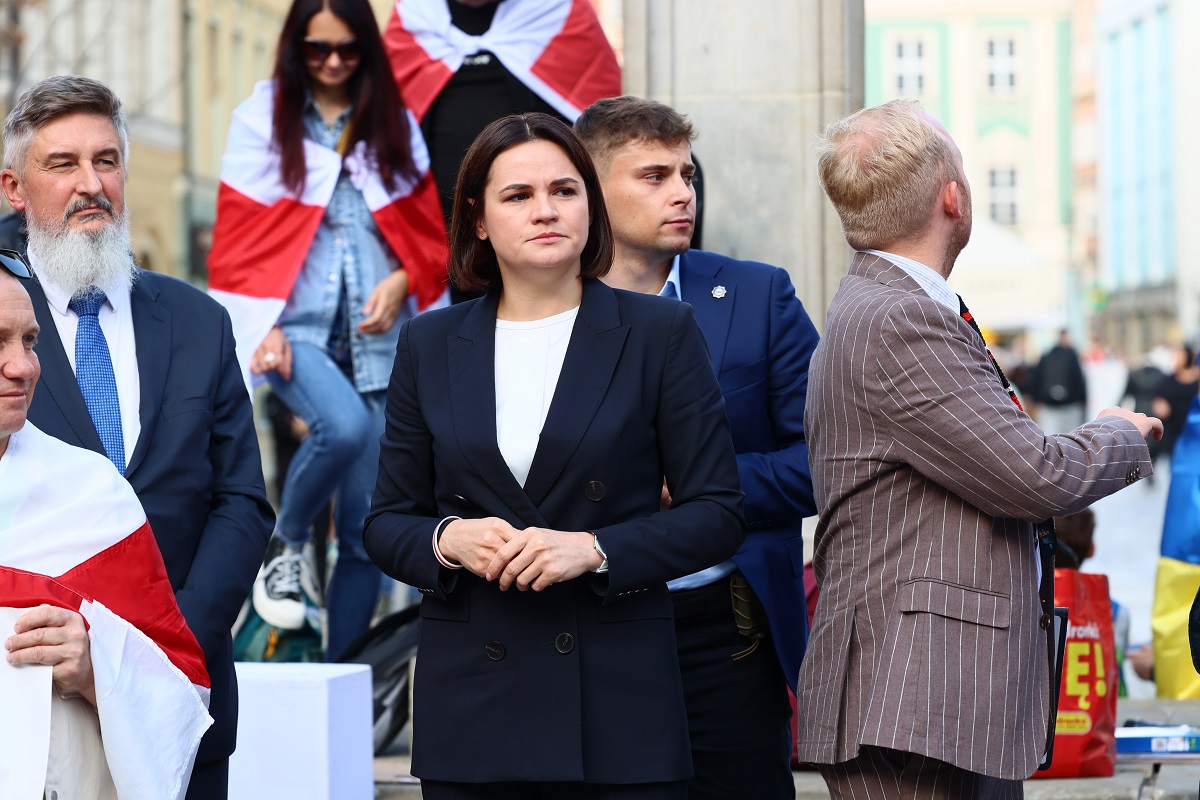Ukraine’s limited dialogue with Belarusian democratic forces
In February of 2022, Russian tanks used Belarusian territory to invade Ukraine through the north to try and install a puppet government in Kyiv. After Alyaksandr Lukashenka recognized Crimea as Russian at the end of autumn 2021, the question of warming relations between Kyiv and the Belarusian dictator was finally eliminated. Nevertheless, diplomatic relations remained between Ukraine and Belarus. They were not torn apart even after the outbreak of the full-scale Russian aggression with the participation of Belarus, so a certain official level of dialogue was still ongoing.
February 7, 2024 -
Oleksandr Shevchenko
-
Hot TopicsIssue 1-2 2024Magazine

Leader of democratic Belarus and the United Transnational Cabinet, Sviatlana Tsikhanouskaya, has sought to build dialogue with Kyiv since February 2022. Yet, the Ukrainian leadership has been reluctant. Photo: DarSzach /Shutterstock

































